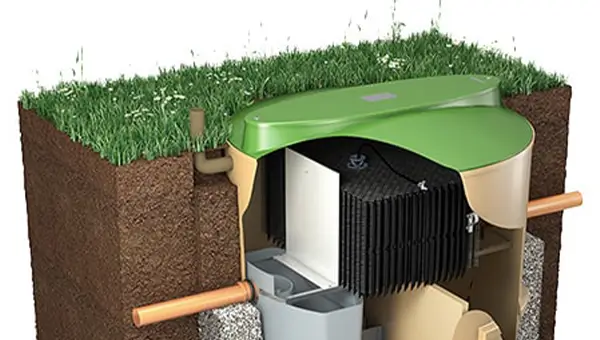Introduction to Wastewater Treatment at Home

Wastewater treatment at home is an essential practice for maintaining a healthy environment and conserving water resources. This process involves treating the water that has been used in households—such as from sinks, showers, toilets, and washing machines—before it is released back into the environment or reused. Understanding how to manage and treat wastewater effectively can reduce pollution, protect public health, and promote sustainable living.
What is Wastewater?
Wastewater is any water that has been affected by human use. It includes:
- Greywater: Water from sinks, showers, bathtubs, and washing machines.
- Blackwater: Water from toilets containing human waste.
Proper treatment of both types is crucial to prevent contamination and environmental damage.
Why Treat Wastewater at Home?
Treating wastewater at home offers several benefits:
- Environmental Protection: Reduces pollutants entering natural water bodies.
- Water Conservation: Enables reuse of treated water for irrigation or flushing.
- Cost Savings: Lowers water bills by recycling water.
- Health Safety: Minimizes exposure to harmful pathogens.
Common Home Wastewater Treatment Methods
| Method | Description | Advantages | Considerations |
|---|---|---|---|
| Septic Systems | Underground tanks that separate solids and liquids | Low maintenance, cost-effective | Requires regular pumping |
| Constructed Wetlands | Use plants and soil to filter wastewater | Eco-friendly, natural filtration | Needs space and proper design |
| Greywater Recycling | Treats greywater for reuse in irrigation | Saves water, easy to implement | Not suitable for blackwater |
Steps to Treat Wastewater at Home
- Collection: Gather wastewater from various household sources.
- Pre-treatment: Remove large solids and debris.
- Primary Treatment: Settle out suspended solids.
- Secondary Treatment: Use biological processes to degrade organic matter.
- Disinfection: Eliminate pathogens using chlorine, UV, or ozone.
- Reuse or Disposal: Safely reuse treated water or discharge it.
Tips for Effective Home Wastewater Treatment
- Avoid disposing of grease, oils, and chemicals down the drain.
- Use water-efficient appliances to reduce wastewater volume.
- Regularly maintain septic tanks and treatment systems.
- Educate household members about responsible water use.
Frequently Asked Questions (FAQ)
Q1: Can I treat blackwater at home?
A1: Treating blackwater requires more advanced systems due to pathogens and contaminants. Septic tanks or professional treatment units are recommended.
Q2: Is greywater safe for garden irrigation?
A2: Yes, if properly treated, greywater can be safely used for watering plants, reducing freshwater consumption.
Q3: How often should septic tanks be pumped?
A3: Typically, septic tanks should be pumped every 3-5 years depending on usage.
Q4: What household chemicals should be avoided?
A4: Avoid harsh chemicals like bleach, solvents, and pesticides as they can harm treatment systems and the environment.
By implementing effective wastewater treatment at home, you contribute to a cleaner environment and promote sustainable water management practices. Understanding the processes and methods available empowers you to make informed decisions for your household’s water use.
